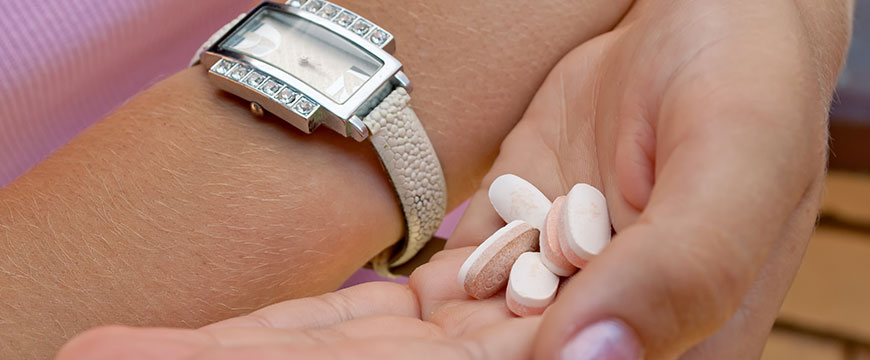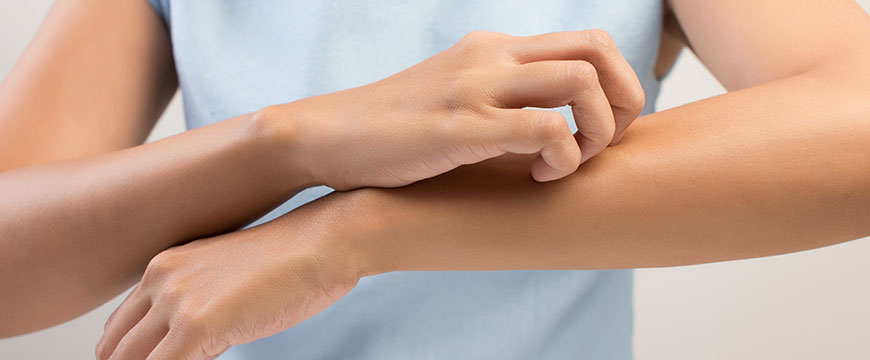
When you have an asthma attack, you will feel your asthma symptoms suddenly worsening, and that is caused by muscle tightening of muscles on your airways. The tightening is known as bronchospasm and when you have an asthma attack, the lining of your airways become inflamed or swollen. You will start to produce thicker mucus and a lot more. These factors like inflammation, bronchospasm and mucus production can cause an asthma attack like wheezing, trouble breathing, shortness of breath, coughing, and challenge in performing daily activities.
Before you call up your asthma doctor, you should be well aware of those signs and what you can do to stop them from getting worse. Read on to find out more.
Warning Signs of an Asthma Attack
- Breathing changes
- Mucus changes (sputum)
- Congested/runny/stuffy nose
- Sneezing
- Your throat is sore/itchy/scratchy
- Itchy chin or beck
- Watery/itchy eyes
- Dark eye circles
- You are always feeling tired, weak, or fatigued
- Moody
- Feverish
- Restless
- Dry mouth or hoarse voice
- Not sleeping properly
- Headache
- Paleness
- Anxious
- Excitable
- Chest pain
- Symptoms worsen despite taking medications
Some asthma patients can go for long periods without experiencing an asthma attack or other symptoms as well. The interrupted worsening of symptoms because of asthma trigger exposure like exercise or cold air exposure are also signs.
It is generally more common to experience asthma attacks. Normally, it takes a few minutes to a couple of hours for the airways to open up after treatment. Severe asthma attacks are not as common, but they last longer and need medical help right away. Treating and recognizing mild symptoms early on is important because it will prevent you from having severe episodes.
Severe Asthma Emergency Symptoms
- Worsening asthma
- Worse shortness of breath
- Your skin is sucked in around the neck or ribs
- Experience trouble in walking or talking because of shortness of breath
- Breathing becomes hard and fast
- You cough a lot
- Shoulders are hunched over
- The asthma quick-relief and medicine are not helping at all
- Your nostrils are wide open (could be rare if you are an adult)
- Fingernails or lips are blue
What to Do During an Asthma Attack
If someone is experiencing a milk asthma attack, all they could need is an asthma medication, like a quick-acting inhaler. Some mild attacks may sometimes go away on their own.
It is essential that people who have asthma consult with their healthcare team about an action plan. This plan helps in guiding people on how their asthma can be treated, based on the symptoms they go through and what can be done.
A person would have to carry an inhaler and reliever with them, which can have asthma medication to relax their muscles in the airways. The medications can include rapid onset, short-acting, and anticholinergic bronchodilators.
The asthma attack can be dealt with by trying these first:
- Sitting upright
- Staying relaxed and calm
- Using quick-acting medications, normally use a blue inhaler, and following an action plan for asthma
- Call an emergency medical hotline if the symptoms worsen or if the medications are not helping
Your Asthma is Not Well-Controlled if:
- You have asthma symptoms 2 times a week or more
- You are taking quick-relief medications more than twice a month
- You need to take corticosteroids more than twice a year
Asthma Symptoms Act up at Night
You will have nighttime asthma if it is uncontrolled and has something to do with your body rhythms and hormone changes. You can sleep through the night if your asthma is well-managed.
You can also go to an allergy specialist doctor Manassas VA for better asthma management.







